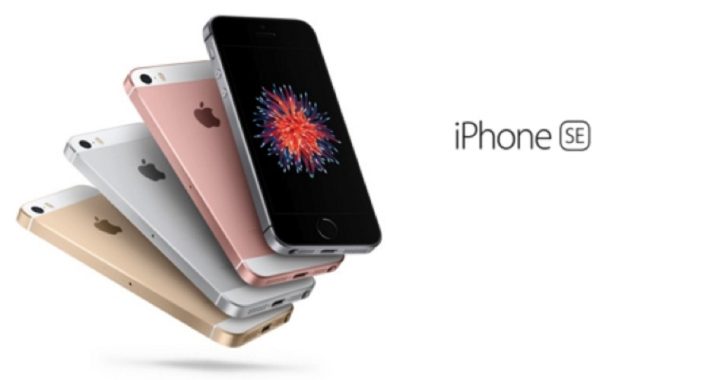
In the FBI vs. Apple battle over encryption, Apple’s lawyers have said that the company will take this all the way to the Supreme Court, if necessary. The big question looming over the case is: What will Apple do if it loses before that court? The answer is that the company will obey the order, but its engineers may not.
After the FBI demanded that Apple help the agency circumvent the encryption on an iPhone 5c used by one of the San Bernardino shooters, the company refused, saying the tools to do that do not exist and “would be too dangerous to create.” As the case has heated up in the wake of the FBI getting a court to order Apple to create the tools and use them and Apple resisting the order, Apple attorney Ted Olsen told CNNMoney’s Laurie Segall that Apple is prepared to fight the order because the precedent that would be set “would lead to a police state.” As CNNMoney reported:
“You can imagine every different law enforcement official telling Apple we want a new product to get into something,” Olson said. “Even a state judge could order Apple to build something. There’s no stopping point. That would lead to a police state.”
While Olsen was hesitant to discuss detailed future plans, he did tell CNNMoney that this could wind up before the U.S. Supreme Court, adding that if Apple lost there, the company would comply:
Though he declined to say how far Apple plans to go in its court battle — “we are a long, long way from that” — he said that this is the kind of precedent-setting case that could go to the Supreme Court.
If the Supreme Court rules against Apple, though, he said Apple would go along with the ruling.
But that stops a long way short of settling the question. Yes, Apple, as a company, would comply since it would have no real choice. But that does not mean that Apple’s employees — particularly the engineers who would have to create the tools — would comply. As individuals, those engineers would have some real options. They could take leaves of absence. They could take vacation and sick leave. They could even quit their jobs. Any combination of those actions would essentially nullify the court’s order, since Apple’s hierarchical structure insures that without the work of a few key people, the tools simply could not be created.
As the New York Times reported past week, there is already talk among Apple’s employees as to how they would respond to a ruling by the Supreme Court affirming the order:
Apple employees are already discussing what they will do if ordered to help law enforcement authorities. Some say they may balk at the work, while others may even quit their high-paying jobs rather than undermine the security of the software they have already created, according to more than a half-dozen current and former Apple employees.
Among those interviewed were Apple engineers who are involved in the development of mobile products and security, as well as former security engineers and executives.
While lawyers for the FBI and State Department may argue that Apple, as a company, can legally be obligated to assist the government in undermining the company’s products, there is no legal precedent for forcing individuals to work for the government against their will.
In fact, in the final brief filed by Apple’s lawyers in the case, they wrote, “Such conscription is fundamentally offensive to Apple’s core principles and would pose a severe threat to the autonomy of Apple and its engineers.”
Conscription. Now there’s an ugly word you don’t hear often anymore. It died with the draft. Set aside for the moment the absurd notion that the All Writs Act can be used to compel a company to do the government’s work (which, by the way, a federal judge rejected in a similar — but unrelated — case recently), individuals cannot be forced to work for the government.
Since there is no shortage of tech companies dedicated to providing privacy to users (whether because of principle or just as a way of meeting market demand), these engineers would have no trouble finding new positions in which to ply their skills. Nonetheless, their willingness to walk away from the company — and the product — they have helped build says a lot about their concerns over the emerging surveillance state.
There is no doubt that if the FBI investigators really wanted the data from just this one phone, they would have had it by now. As The New American previously reported, this case is about more than the data on Syed Farook’s phone: It is about the privacy and liberty of all Americans. It is about the FBI and the Justice Department looking for a way to set a precedent. If the FBI can force Apple to sacrifice the security of its product in this one case, it can force Apple — and other tech companies to do the same again. And again and again. It is likely that Russia, China, and other oppressive nations could use that same precedent to force American companies to do the same. It could lead to the death of privacy in any real and meaningful sense.
As this case continues, there is always something new. The surveillance hawks are playing a very dangerous game with digital liberty and privacy, and they will twist the facts in any way that serves the interests of the surveillance state. The recent news that the Justice Department has put a hold on the hearing that was to be held Tuesday demonstrates the point that this case will likely offer more surprises. The New American will continue to cover this case and provide a perspective based on the need to protect privacy and liberty.




